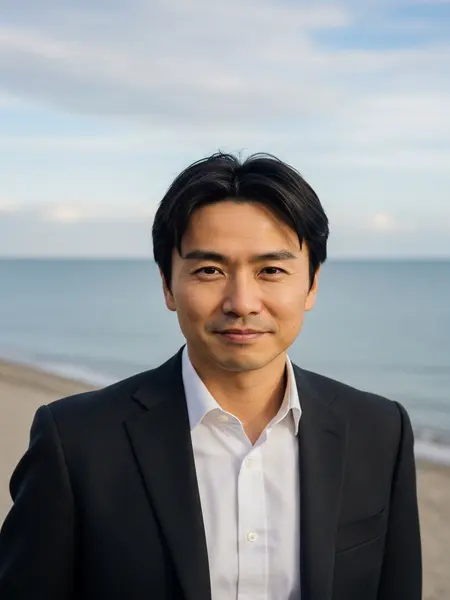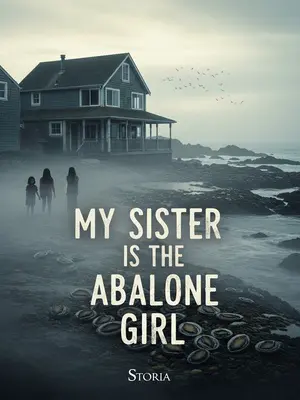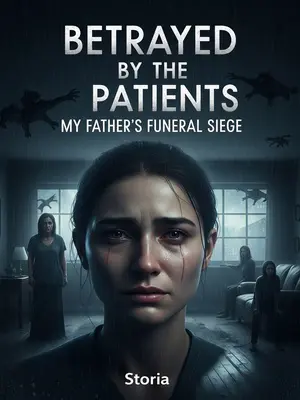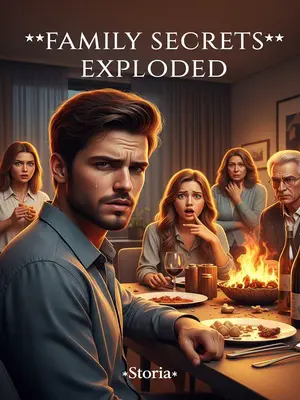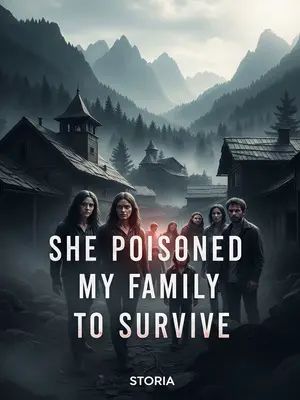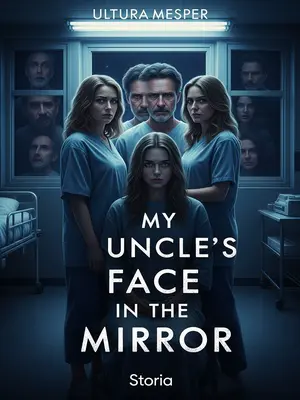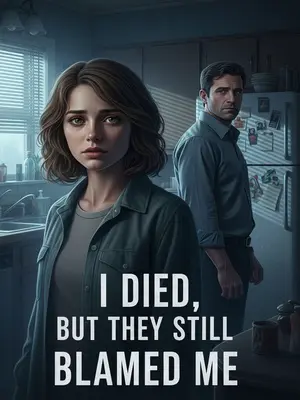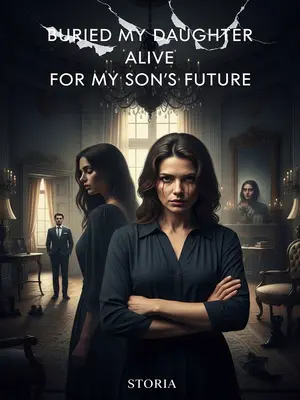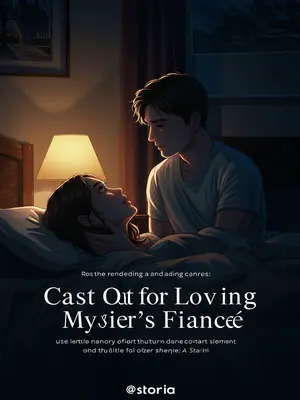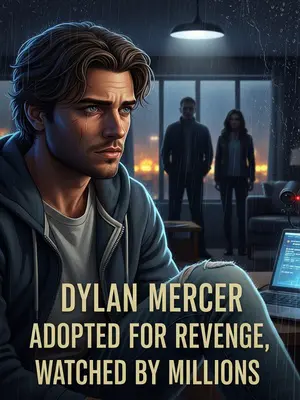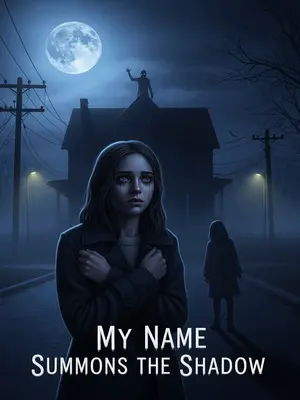Chapter 6: The Recorder’s Secret
“Lila, do you know why I came back three years ago?”
His voice was softer now, almost gentle. I shook my head, afraid to speak.
Three years ago, Dad passed the health check and got the blue stamp. But soon after, he was sent back—they said his test results were abnormal, the virus had relapsed.
I remembered the day he left—how proud we all were, how we celebrated with pie and lemonade on the porch. When he came back, everything changed.
“The first year outside is the observation period. You relapsed during observation, so they sent you back, as usual,” I answered.
My voice was flat, numb. It was the story we’d always been told.
Dad just snorted. “Did you notice anything different about me before I left and after I came back?”
He looked at me, eyes searching. I hesitated, unsure what to say.
My mouth went dry.
The truth was obvious, now that he said it. He’d aged ten years in one. The light had gone out of his eyes.
After Dad was sent back, he was much weaker. He had headaches, back pain, even swelling. But before leaving, he’d been as strong as an ox—nothing like someone sick with a virus.
I remembered how he used to lift me onto his shoulders, how he’d chop wood for hours without breaking a sweat. Now, he could barely walk to the store.
As it clicked, my face went pale.
The realization hit me like a punch. I felt sick, dizzy.
There were a few others in Maple Heights who’d come back, and they all seemed frail compared to before.
I thought of Mrs. Baxter, Mr. Lee—both shadows of their former selves. No one ever talked about it, but everyone noticed.
Dad saw my unease and gave a cold, bitter laugh.
He sounded nothing like the man I’d grown up with. The bitterness in his voice was sharp, cutting.
“The outside world isn’t what you think. That ‘pure world’—it’s filthy.”
His words hung in the air, heavy and ominous. I shivered, wrapping my arms around myself.
He pulled a tiny recorder from his pocket, full of pinholes like a button.
He held it out to me, his hand shaking. The plastic was scratched, the buttons worn. He pressed play.
“It’s a recorder. Listen.”
His voice was barely above a whisper. I leaned in, heart pounding.
After a burst of static, a man’s and a woman’s voices came through:
The voices were muffled, distorted by the cheap speaker. But I recognized the tone—clinical, detached. The kind of voices you hear in hospitals, behind closed doors.
“Heart donor: Daniel Harris. Who’s the patient this time?”
My blood ran cold. Daniel Harris—my brother’s full name. I clutched the recorder, hands shaking.
“Whitmore Corporation’s second son. Heart valve disease. Daniel Harris is the perfect match.”
The words echoed in my mind, each one a hammer blow. They weren’t talking about saving lives. They were talking about parts—about inventory.
“Any buyers for Daniel’s other organs? Otherwise, if he dies, it’s all wasted.”
I wanted to throw up. The voices were so casual, so businesslike. My brother was just a body, a collection of useful pieces.
“Pancreas and bone marrow are spoken for. Lungs and small intestine are still matching. Liver and kidneys will be kept in controlled oxygen rewarming for now—demand’s high, price can go up.”
They ticked off the organs like items on a shopping list. I felt sick, dizzy, like the world was spinning out of control.
“As for the rest, store what we can, just in case.”
The recording ended with a click. I sat there, numb, the recorder heavy in my hand. The truth was out, ugly and undeniable. There was no going back.
And for the first time, I was more afraid of the stamp than the virus.
